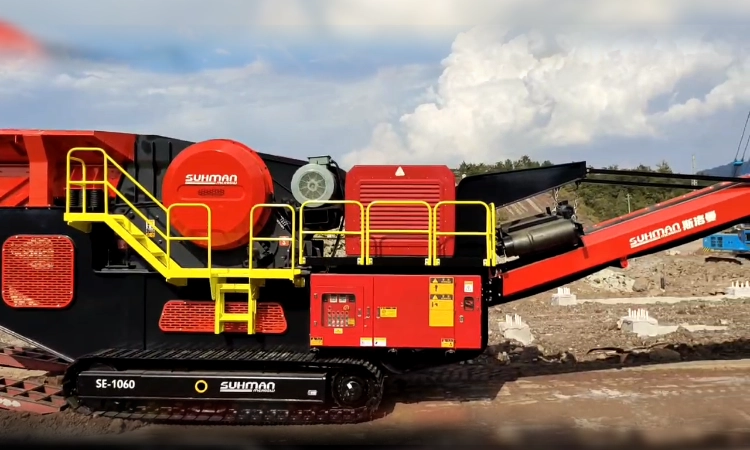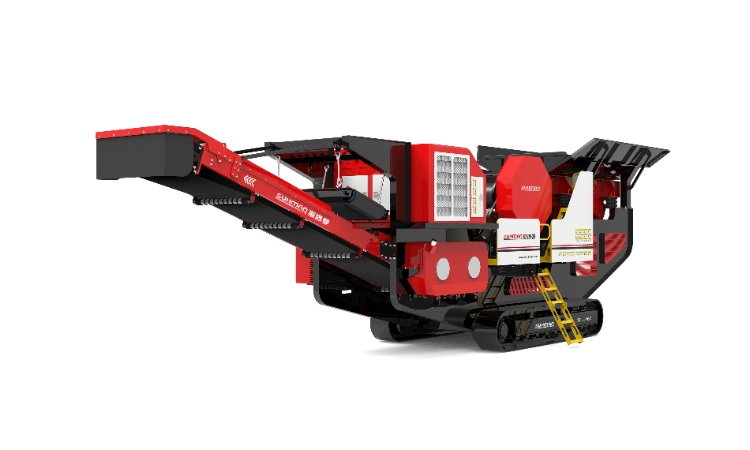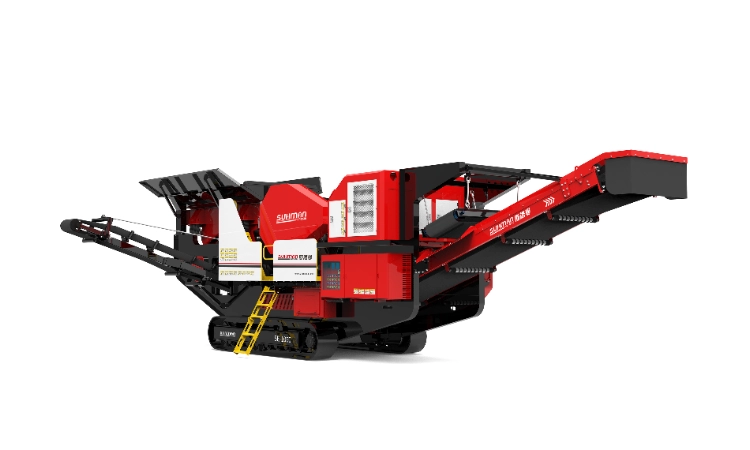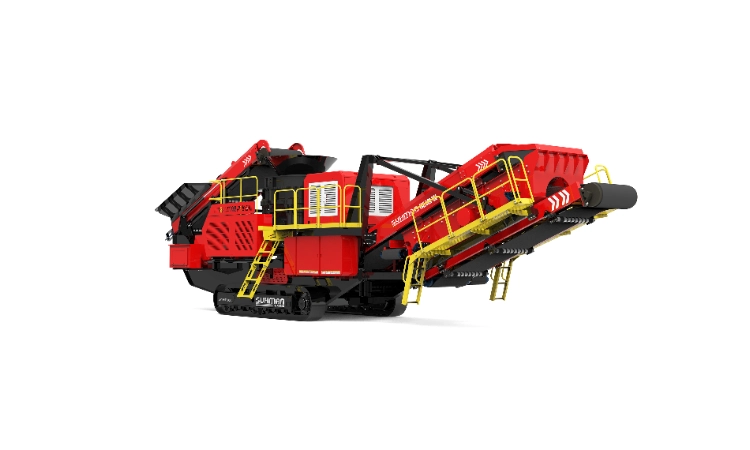Introduction
Crushers are indispensable machines in industries like mining, construction, and recycling, designed to break down large materials such as rocks, concrete, and aggregates into smaller, usable sizes. With a diverse range of crusher types available—such as mobile crushing plants, jaw crushers, cone crushers, and impact crushers—selecting the right one can be overwhelming, especially when factoring in price. This article provides a comprehensive crusher price comparison, explores current market trends, and analyzes cost-effectiveness to guide you in making an informed decision for your operations.

Factors Influencing Crusher Prices
The cost of a crusher varies widely based on several critical factors. Understanding these can help you assess which machine offers the best value for your needs:
- Type of Crusher: Different crushers serve distinct purposes, affecting their price. For example, a mobile jaw crusher is typically less expensive than a mobile multi-cylinder cone crusher due to differences in design complexity and application. Jaw crushers are ideal for primary crushing, while cone crushers excel in secondary or tertiary stages.
- Size and Capacity: Larger machines with higher throughput capacities command higher prices. A small jaw crusher might cost tens of thousands, whereas industrial-scale models can reach hundreds of thousands.
- Brand and Manufacturer: Reputable manufacturers like those featured on Suhman Crusher often charge more due to their quality, reliability, and after-sales support. Lesser-known brands may offer cheaper alternatives, but durability could be a concern.
- Features and Technology: Advanced features—such as automation, energy efficiency, or modular designs (e.g., modular inclined screener)—increase costs but can enhance long-term performance.
- Market Dynamics: Supply chain issues, demand surges (e.g., for mobile crushing plants in infrastructure projects), and raw material costs can drive price fluctuations.
Price Comparison of Different Crusher Types
Here’s a breakdown of typical price ranges for common crusher types, based on industry estimates (note: prices are illustrative and may vary by region, supplier, and specifications):
| Crusher Type | Price Range (USD) |
|---|---|
| Jaw Crusher | $10,000 – $100,000 |
| Cone Crusher | $50,000 – $500,000 |
| Impact Crusher | $20,000 – $200,000 |
| Mobile Crusher | $100,000 – $1,000,000 |




Jaw crushers are the most affordable, making them a go-to for initial crushing tasks. Cone crushers, with their ability to produce finer materials, sit at a higher price point. Impact crushers offer versatility, while mobile crushers—ideal for on-site processing—represent the premium end due to their portability and advanced engineering.
Cost-Effectiveness Analysis
Price alone doesn’t determine value; cost-effectiveness hinges on the total cost of ownership (TCO). Here’s what to consider:
- Durability and Maintenance: A higher-priced crusher, like the mobile jaw crusher plus, may use superior materials, reducing repair frequency and costs over time.
- Energy Efficiency: Models with optimized designs (e.g., mobile cone crushers) can lower energy bills, a significant factor in long-term savings.
- Productivity: High-capacity crushers increase output, potentially offsetting their cost through greater efficiency. For instance, a mobile impact crusher might excel in sand production.
- Versatility: Multi-functional machines, such as those from Suhman, can process various materials, reducing the need for additional equipment.
A simple TCO formula is: TCO = Initial Cost + (Annual Maintenance × Lifespan) + (Annual Energy Cost × Lifespan). Comparing TCO across options reveals the true cost-effectiveness.
Market Trends
The crusher market is evolving, with trends impacting prices and buyer preferences:
- Growth in Mobile Solutions: The rise of mobile crushing plants reflects demand for flexibility in construction and mining, pushing prices upward as manufacturers innovate.
- Automation: Smart features in crushers (e.g., mobile multi-cylinder cone crushers) improve efficiency but add to costs.
- Sustainability: Eco-friendly designs, like those reducing emissions (see this model), are gaining traction, influencing pricing as regulations tighten.
- China’s Role: As a hub for crusher manufacturers, China offers competitive pricing, with companies like Suhman leading in mobile crusher production.
Tips for Choosing a Cost-Effective Crusher
To maximize your investment, follow these steps:
- Define Your Needs: Match the crusher to your material type and output goals—e.g., jaw crushers for hard rock.
- Compare Options: Evaluate specs and prices across brands, leveraging resources like Suhman Crusher.
- Assess TCO: Look beyond the initial price to maintenance and energy costs.
- Consult Experts: Contact Suhman’s team for tailored advice.
Choosing the right crusher involves balancing upfront costs with long-term value. By comparing prices, understanding market trends, and analyzing cost-effectiveness, you can select a machine—whether a jaw crusher, cone crusher, or mobile crushing plant—that meets your operational needs and budget. Explore options at Suhman Crusher to find your ideal solution.


